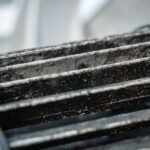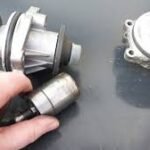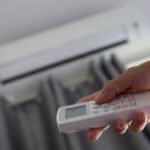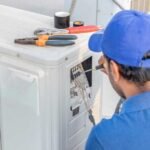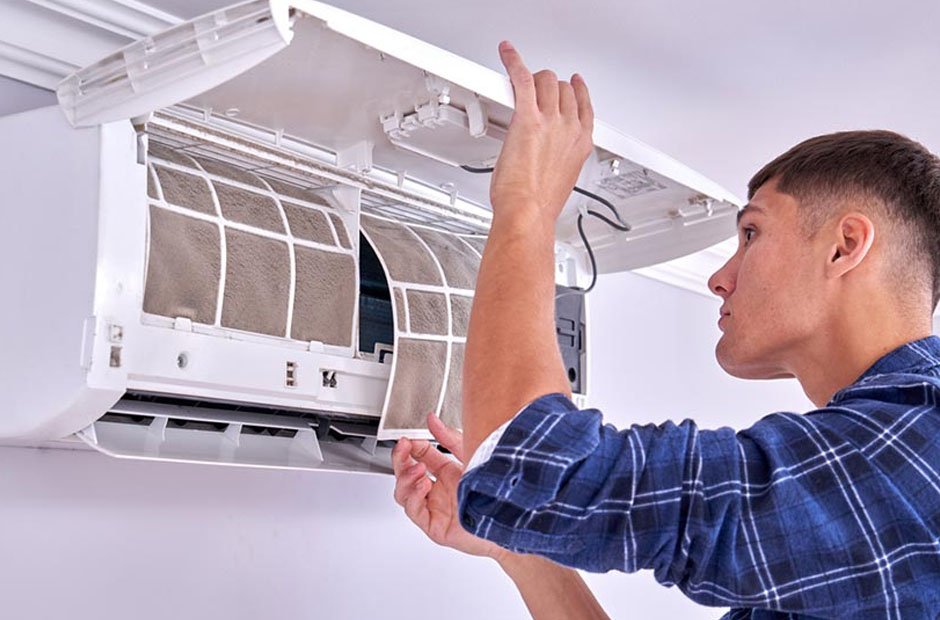
The efficiency and longevity of heating, ventilation, and air conditioning (HVAC) systems rely significantly on the role of filters. These components are the first defense against dust, debris, and other pollutants that can compromise indoor air quality and system performance. Over time, clogged or dirty filters can lead to various issues, including increased energy consumption, diminished airflow, and premature system failure. We will explore the multifaceted impact of HVAC filters on system efficiency and the importance of regular maintenance and replacement in ensuring optimal performance.
Understanding HVAC Filters and Their Function
HVAC filters are designed to capture airborne particles such as dust, pollen, pet dander, and mold spores, thereby preventing them from entering the system. By doing so, filters play a crucial role in maintaining indoor air quality and ensuring that the air circulated throughout the home is clean and healthy. Various filters are available, including fiberglass, pleated, electrostatic, and HEPA filters, each with different efficiencies and capabilities. For example, HEPA filters are known for their ability to trap 99.97% of particles that are 0.3 microns in size, making them highly effective for allergy sufferers.
In addition to improving air quality, filters also help protect the HVAC system. Dust and debris accumulating on internal components like coils and fans can lead to decreased efficiency and increased wear and tear. For instance, a dirty evaporator coil can hinder heat exchange, forcing the system to work harder to maintain the desired temperature, increasing energy bills and reducing the unit’s lifespan. Understanding the role of filters in the HVAC system is essential for homeowners seeking to optimize their energy consumption and prolong the life of their equipment.
The Importance of Regular Filter Maintenance
Regular maintenance of HVAC filters is vital for ensuring system efficiency. Over time, filters can become clogged with dirt and debris, obstructing airflow and forcing the system to work harder than necessary. This increased strain can lead to higher energy bills, as the HVAC unit consumes more electricity to achieve the desired temperature. Additionally, prolonged use of dirty filters can result in mechanical failures, requiring costly repairs or even complete system replacement.
To prevent these issues, homeowners should adhere to a regular filter replacement schedule. The frequency of filter changes can depend on various factors, including the filter type, the home size, and the number of occupants. For example, a household with pets may require more frequent filter changes than one without. As a general guideline, pleated filters should be replaced every 1 to 3 months, while HEPA filters can last up to 6 months to a year. Homeowners should check filters regularly, as visual inspection can clearly indicate whether a replacement is needed.
Enhancing System Efficiency Through Filter Selection
Choosing the right filter is just as important as maintaining it. Filters come in various MERV (Minimum Efficiency Reporting Value) ratings, which indicate their efficiency in capturing airborne particles. A higher MERV rating means better filtration but may also reduce airflow if the HVAC system is not designed to accommodate it. Selecting a filter that strikes the right balance between efficiency and airflow is crucial for optimal system performance.
Investing in high-efficiency filters may be beneficial for homeowners concerned about allergies or respiratory issues. These filters can trap smaller particles, significantly improving indoor air quality. However, it’s essential to consult with an HVAC technician to determine the best filter for your system and ensure that it meets the necessary airflow requirements. Some HVAC systems may not be equipped to handle high-MERV filters, leading to inadequate airflow and increased energy consumption. Therefore, understanding the specific requirements of your HVAC system is vital when selecting a filter.
The Financial Implications of Filter Maintenance
Refraining from affecting filter maintenance can increase operating costs and repair expenses. When filters become clogged, the HVAC system has to work harder, leading to higher energy consumption. Also, when the system is strained, it may lead to costly HVAC repair or a complete system replacement. Regular maintenance, including timely filter changes, can mitigate these costs by ensuring the system operates efficiently.
Investing in high-quality filters may have higher upfront costs, but the long-term savings can be substantial. Energy-efficient filters can enhance the performance of the HVAC system, leading to lower monthly bills and extended equipment life. Furthermore, maintaining the system’s efficiency can increase the home’s overall comfort, providing a more pleasant living environment. Homeowners should consider these financial implications when establishing their filter maintenance routines.
HVAC filters are crucial components that significantly influence system efficiency and repair needs. They protect the system from dust and debris, improve indoor air quality, and enhance a home’s overall comfort. Regular maintenance, including timely filter changes and selecting the right filter type, is essential for optimizing system performance. These aspects are necessary to avoid increased energy costs, reduced system lifespan, and costly repairs. By understanding the vital role of filters, homeowners can take proactive measures to ensure their HVAC systems run efficiently and effectively for years to come.
